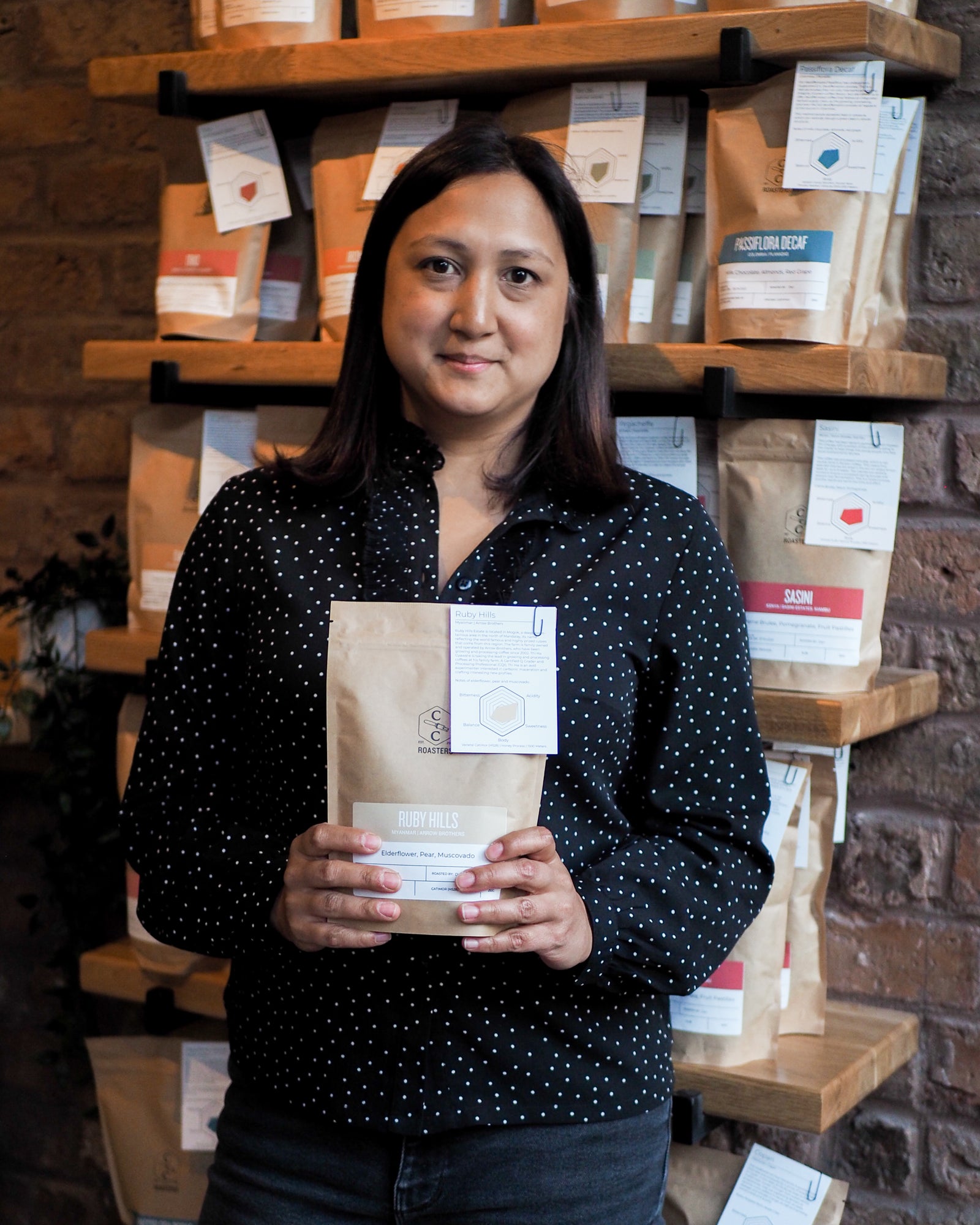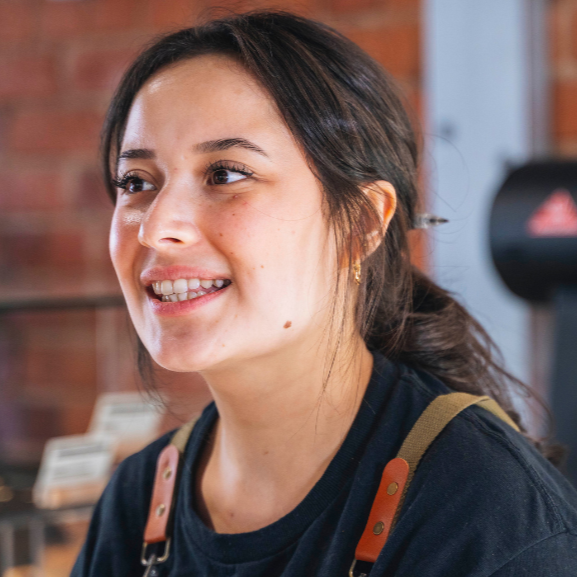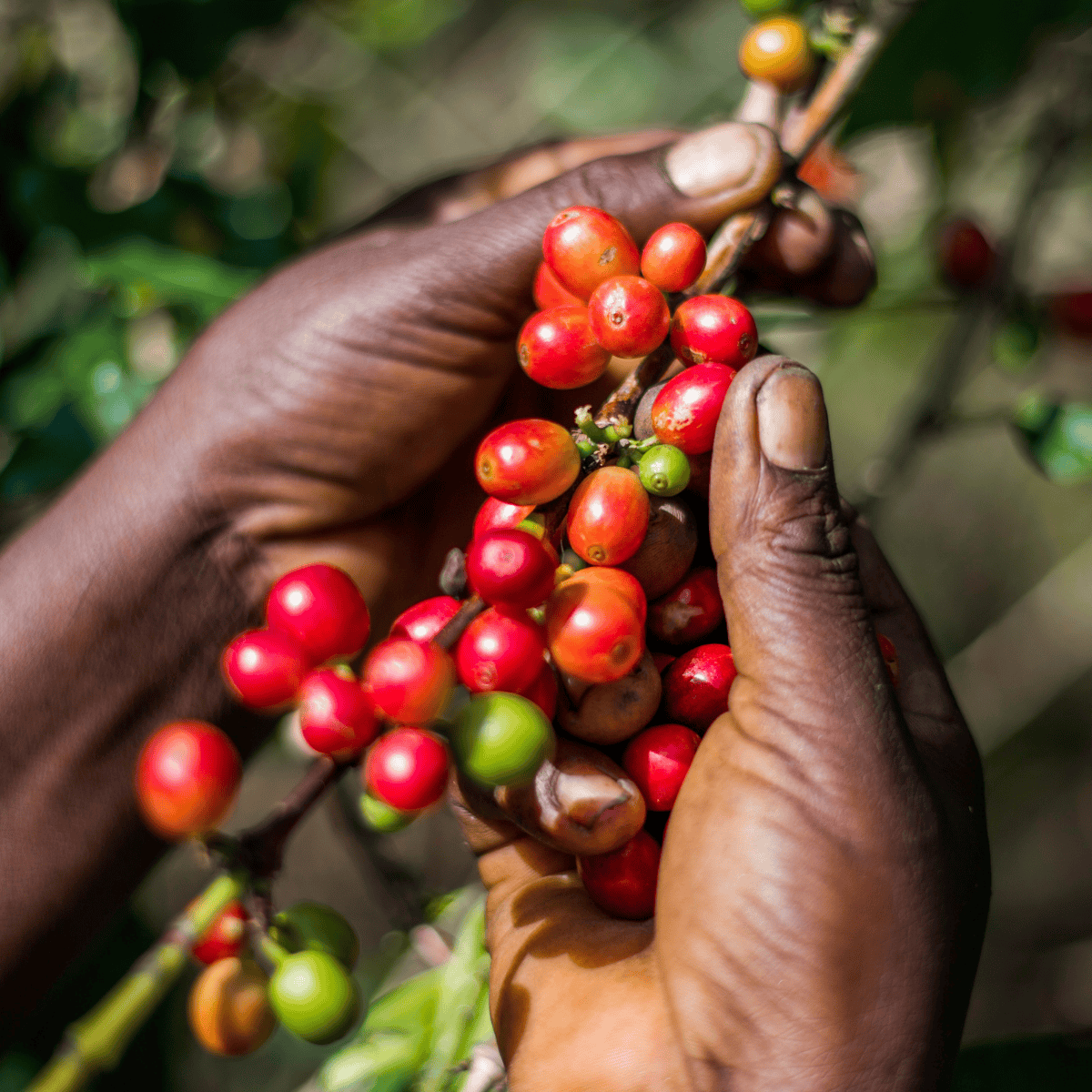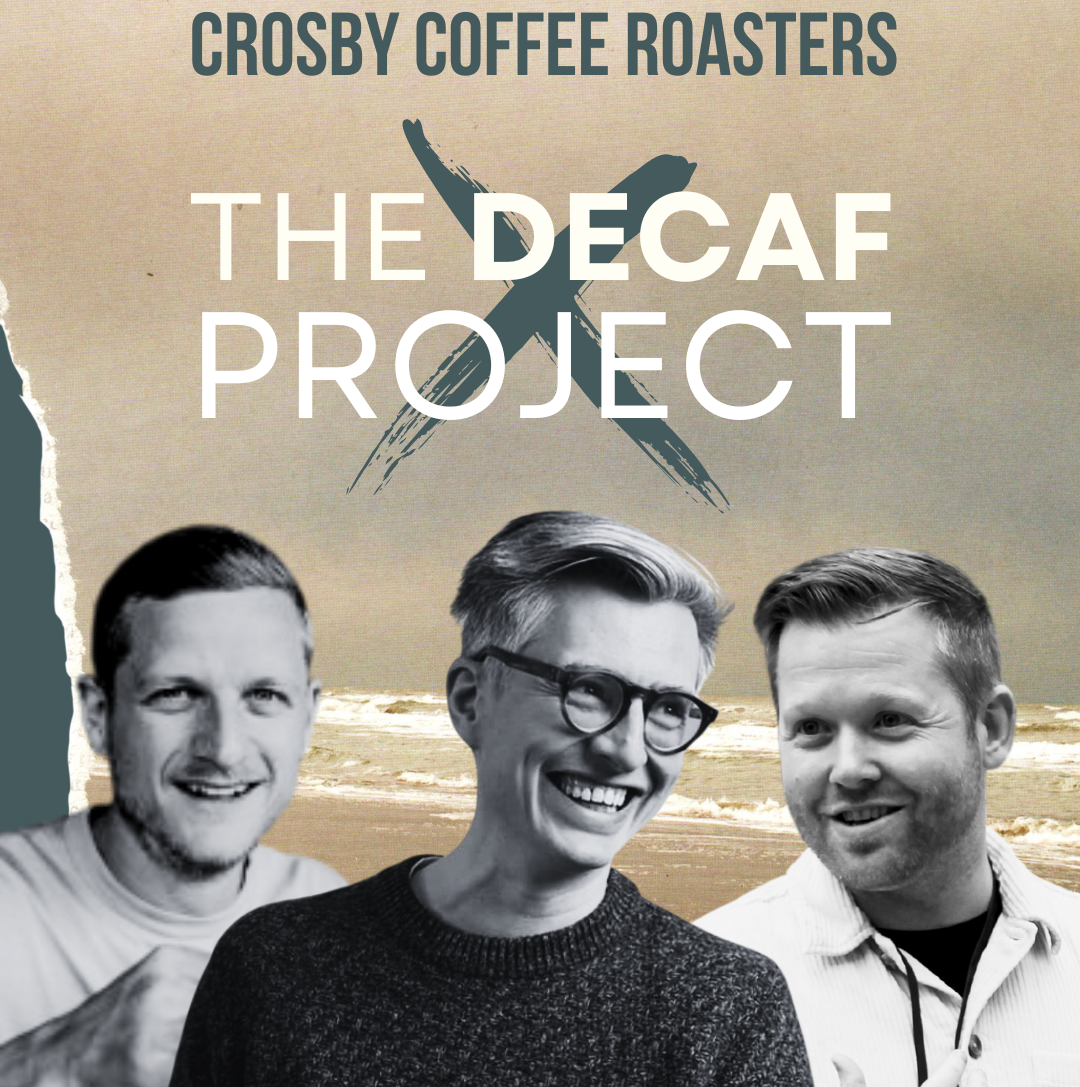Customer Portal

#PillaProducer Event
by Alex Leigh May 19, 2022 3 min read
On Monday 16th we hosted our first event in our Lark Lane shop. We collaborated with Pilla to throw an amazing event to talk a little bit about the process of bringing you new coffees.
Pilla are a team of hospitality experts who know the industry inside out. They work alongside technical experts who understand compliance like the back of their hands. They now help us with all our hiring, compliance, food safety management and HR requirements. Their whole purpose is to take the hassle out of the admin side of running a smaller, independent business like us, so that we can focus on the important thing - creating and serving great speciality coffee.
We are so thrilled to be working with them for this event, as it was a great way for our customers to see how Pilla worked and how we work behind the scenes.

It started out with a really interesting talk from Shirani, one of the founders of IndoChina. IndoChina was set up in 2017 with the sole purpose of working with speciality coffee producers and farmers throughout Asia. Their focus on Asia specifically came from the realisation that Asia isn't as well known for their speciality coffee as much as places like South America or Africa.
As she spoke about the company and introduced the coffee, our Production Roaster, Dan, began roasting sample batches on our IKAWA hot air roaster. He explained how we use the IKAWA every week to roast any green samples we receive from suppliers.
Whilst roasting more samples, Dan talked through the roasting process. The coffee we were roasting came from Myanmar, through IndoChina and we had actually been sent a roasting profile by the producer of this coffee, Thi Ha. Thi Ha had explained it took 2 years to create this profile, and he believed it was the best way of roasting this coffee in order to get the most out of it. Dan did his best to match the profile with our own equipment, by looking at the way the roast behaves, for example studying the roast curves and the ROR. Dan explained that ROR stands for rate of rise, this is a calculation made by the machine to show the rate of which the bean is changing temperature per minute, this is tracked throughout the roast to show how this change happens and gives an average per minute when the roast is finished.
Our head barista, Thurston, then brewed the coffee using a clever dripper as an alternative to a cupping. We all tried the coffee and then discussed the importance of taste and data when profiling and for quality control.
Ruby Hills, the coffee we had sampled, is a honey processed coffee. It has a subtle sweetness to it with a balanced body and acidity with some citrus flavours. It was named after the Ruby Hills Estate, which is located in Mogok, a deep mountainous area in the north of Mandalay. Its name reflects the world famous and highly prized rubies that come from this region. The farm is family owned and operated by Arrow Brothers, who have been growing and processing coffee since 2002. Thi Ha Gyawalie is taking the lead in growing and processing coffees at his family farm. A Certified Q Grader and Processing Professional (CQI), Thi Ha is an avid experimenter interested in carbonic maceration and crafting interesting new profiles.
Dan mentioned the uniqueness of the coffee, stating that “Myanmar coffees in general behave and taste very differently to other coffees from around the world. They are very complex in their flavour and in the way they roast which makes them incredibly unique.”
Ruby Hills is available online and in store now, so grab yourself a bag now! We only have a very limited batch of this, so hurry before it's all gone!
Leave a comment
Comments will be approved before showing up.
Also in Updates
Hey there! Fancy 10% Off?
Sign up to our newsletter and we'll send you all our latest offers, including 10% off your first coffee order!















